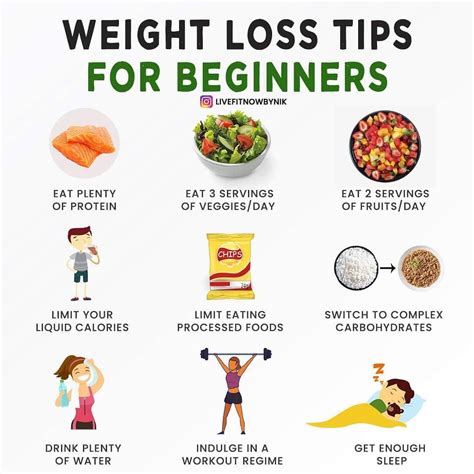How Many Calories to Gain Weight: A Comprehensive Guide
Gaining weight healthily can be challenging, but understanding your caloric needs is the first crucial step. This guide will delve into determining your caloric surplus for effective weight gain, focusing on muscle mass and overall health.
Understanding Caloric Surplus
The fundamental principle of weight gain is consuming more calories than your body burns. This is known as a caloric surplus. Your body uses these extra calories to build new tissue, including muscle mass and fat. The key is to create a healthy surplus, focusing on nutritious foods rather than empty calories.
Calculating Your Basal Metabolic Rate (BMR)
Your BMR represents the calories your body burns at rest to maintain basic functions. Several online calculators can estimate your BMR based on factors like age, gender, height, and weight. However, these are just estimations; individual metabolic rates vary.
Determining Your Total Daily Energy Expenditure (TDEE)
Your TDEE is your BMR plus the calories burned through physical activity. Consider your activity level:
- Sedentary: Little to no exercise.
- Lightly Active: Light exercise/sports 1-3 days/week.
- Moderately Active: Moderate exercise/sports 3-5 days/week.
- Very Active: Hard exercise/sports 6-7 days/week.
- Extra Active: Very hard exercise/sports & physical job or 2x training.
Online calculators can help estimate your TDEE using this information.
Calculating Your Caloric Surplus for Weight Gain
Once you know your TDEE, you can determine your caloric surplus. A general guideline is to add 250-500 calories to your TDEE daily. This gradual approach allows for healthy weight gain without excessive fat accumulation. Remember, rapid weight gain is rarely healthy.
Important Note: Individual needs vary. Some people might require a larger surplus, while others may gain weight more easily with a smaller one. Monitor your progress and adjust accordingly.
The Importance of Macronutrients
While the total calorie count is important, the composition of those calories matters greatly for healthy weight gain. Focus on a balanced intake of:
- Protein: Crucial for muscle growth and repair. Aim for 1.6-2.2 grams of protein per kilogram of body weight.
- Carbohydrates: Provide energy for workouts and overall bodily functions. Choose complex carbohydrates like whole grains, fruits, and vegetables.
- Fats: Essential for hormone production and overall health. Include healthy fats like avocados, nuts, seeds, and olive oil.
Tracking Your Progress and Making Adjustments
Consistent tracking is key. Use a food journal, app, or wearable fitness tracker to monitor your calorie intake and weight. If you're not gaining weight after a few weeks, gradually increase your caloric surplus by 100-200 calories per week. If you're gaining weight too quickly, reduce your surplus.
Beyond Calories: Other Factors for Healthy Weight Gain
- Strength Training: Essential for building muscle mass. Incorporate resistance exercises into your routine.
- Sufficient Sleep: Adequate sleep is crucial for muscle recovery and hormone regulation.
- Stress Management: High stress levels can hinder weight gain. Practice stress-reducing techniques like meditation or yoga.
- Consistency: Sustainable weight gain requires consistent effort over time.
Conclusion
Gaining weight effectively involves understanding your caloric needs, focusing on a balanced macronutrient intake, and incorporating strength training. Remember to monitor your progress, make adjustments as needed, and prioritize healthy eating habits for long-term success. Consult a healthcare professional or registered dietitian for personalized guidance.
